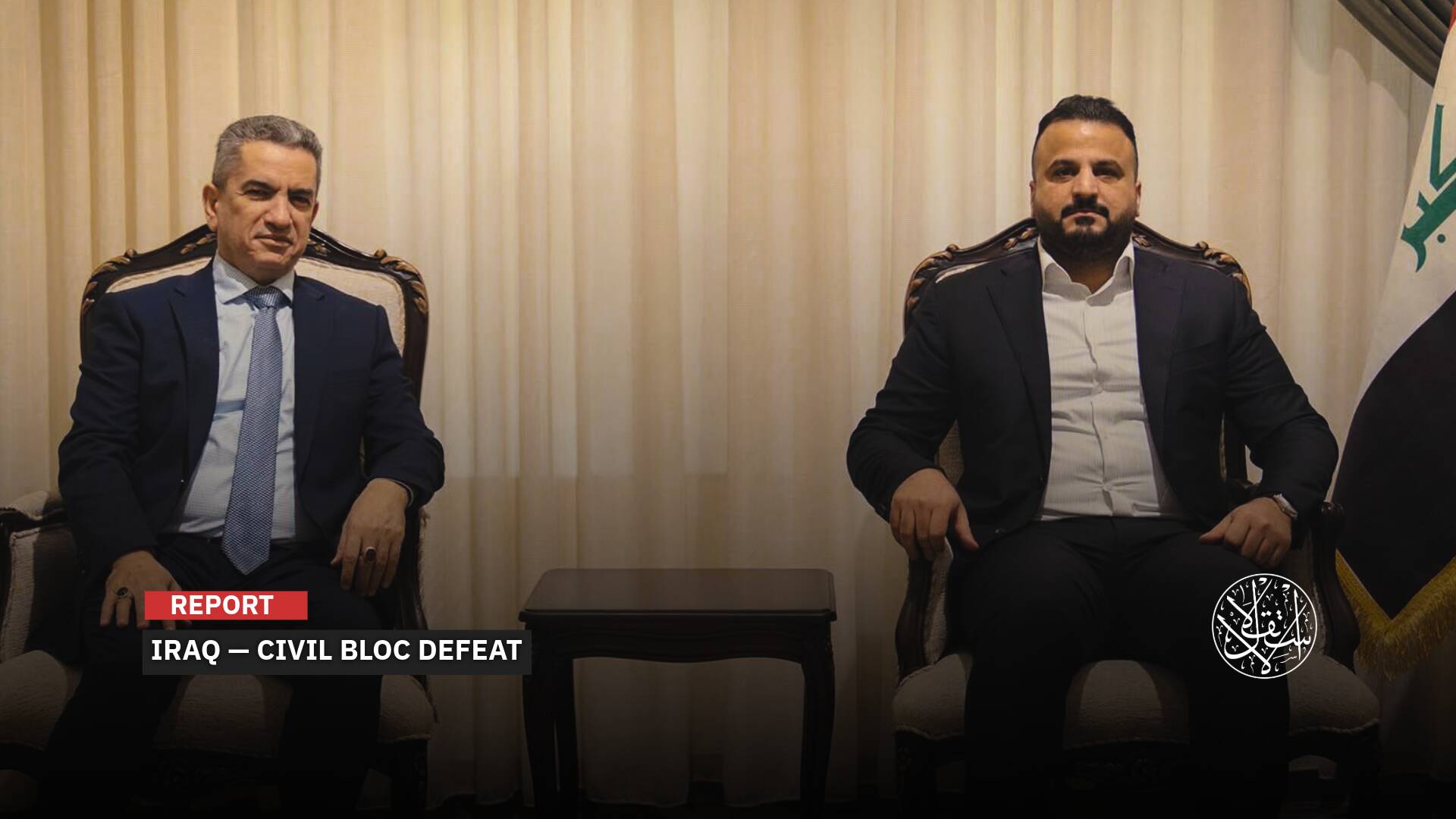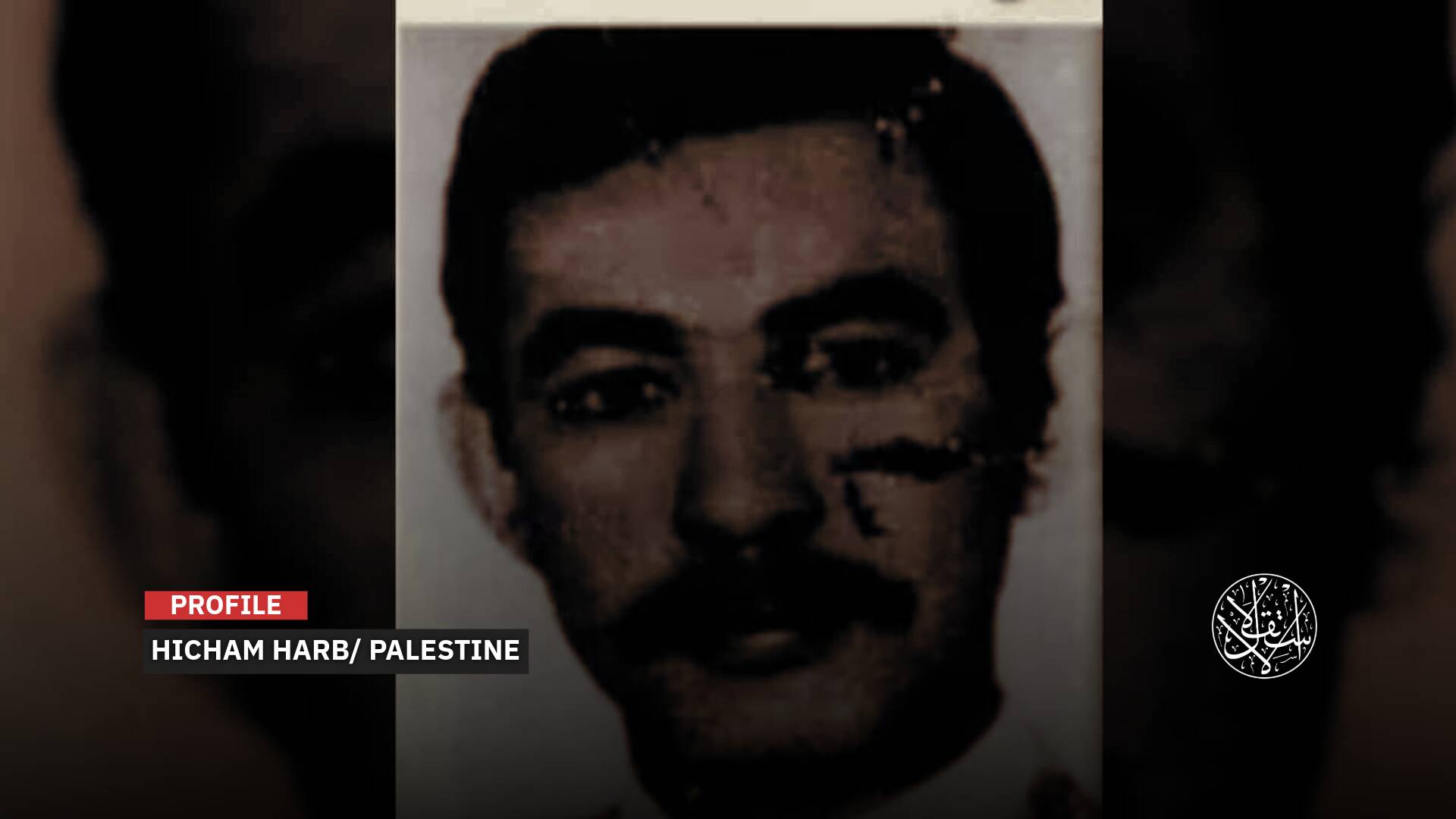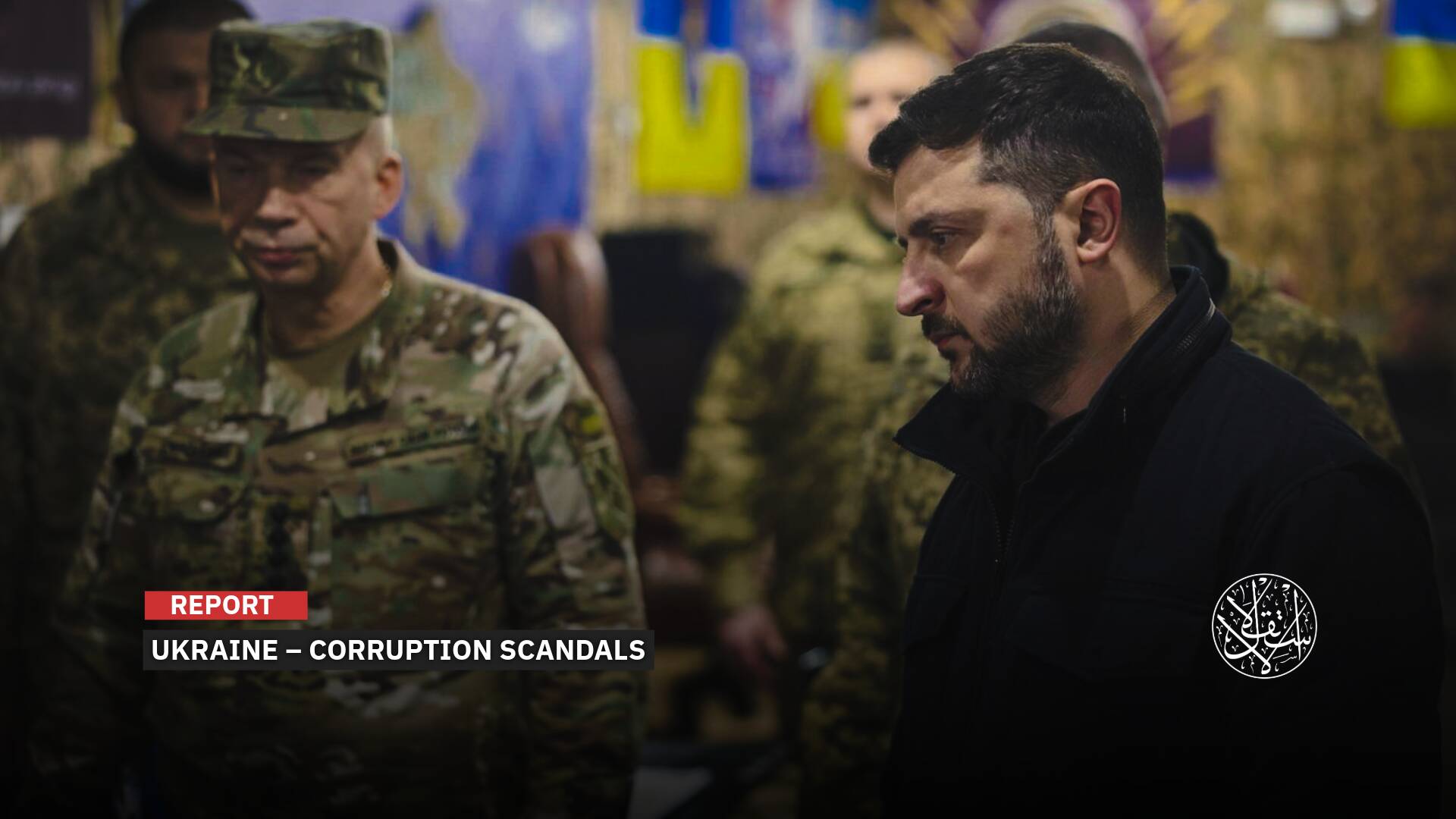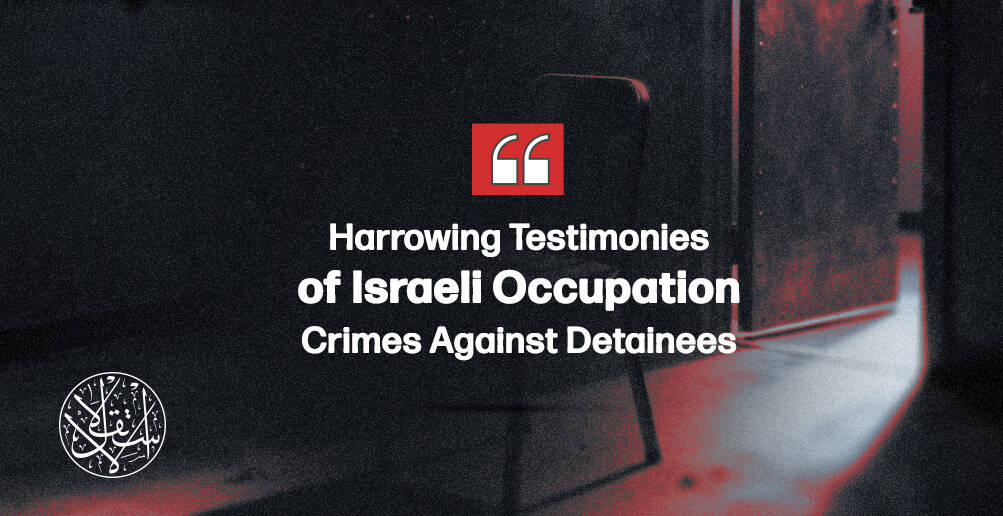Why Lebanon Still Stalls on Syrians Held in Roumieh Despite Assad’s Fall

There is an attempt to use the detainees as a political bargaining chip with the Syrian state.
Although the new Syrian state has announced practical steps to address the situation of Syrian detainees in the notorious Roumieh prison east of Beirut, conditions appear to be steadily worsening.
In yet another tragic incident, 40-year-old Syrian national Mohammad Fawaz al-Ashraf took his own life by hanging inside Roumieh prison, according to sources from within the facility.

Roumieh Prison File
Al-Ashraf suffered from psoriasis and was denied access to the necessary medication. This neglect led to a sharp decline in both his physical and mental health, ultimately resulting in his suicide.
Originally from Homs province, al-Ashraf had been detained for two and a half years without a single court hearing, a factor that further deepened his psychological distress.
His death came weeks after Syrian Foreign Minister Asaad al-Shaibani announced on May 19, 2025, that he had discussed with Lebanese Prime Minister Nawaf Salam ways to accelerate efforts to resolve the plight of Syrian detainees in Lebanon’s Roumieh prison.
At the time, al-Shaibani said he had reached an agreement with Salam on concrete steps to move the issue forward, stressing that the Syrian government was fully committed to resolving the matter as soon as possible.
“Some repercussions of the war may persist for some time, but what we can ensure is that Syrians - men and women - will always remain at the top of our priorities,” he said.
The death of yet another Syrian detainee in Roumieh, following the fall of Bashar al-Assad’s regime on December 8, 2024, underscores the extent of medical neglect these detainees face. It also highlights the failure of both Damascus and Beirut to initiate swift and effective measures to end their detention and restore their freedom.
There are currently an estimated 2,200 Syrians held in Roumieh, with charges ranging from participation in the Syrian uprising to issues related to seeking refuge in Lebanon.
Many were arrested in Lebanon for their involvement in the revolution and imprisoned in Roumieh due to the influence the former Assad regime held over Lebanese authorities at the time.
Human rights organizations have documented the deaths of around 29 Syrian detainees in Roumieh in recent years due to medical neglect. Among them was a detainee who suffered from heart disease for three months before dying in custody.

Political Blackmail
Observers point to what they describe as “political blackmail” obstructing the release of Syrian detainees, some of whom have been held for over a decade without formal charges.
“The case of Syrian detainees in Roumieh Prison remains one of the most complex and unresolved issues, despite the new openness between Syria and Lebanon following the fall of Bashar al-Assad,” Wael Alwan, a researcher at Jusoor for Studies, told Al-Estiklal.
“The Syrian government is making efforts to coordinate with its Lebanese counterpart to resolve the issue of Syrian detainees in Roumieh.”
“However, progress is slow due to the newly formed Lebanese government, which is facing significant internal challenges,” Alwan added.
“The recurrence of such tragic incidents, which endanger the lives of detainees, calls for faster action from Beirut to resolve the matter.”
This most recent suicide comes as the new Syrian government engages in serious dialogue with Lebanese authorities to find a framework for transferring detainees and prosecuting them in Syria.
Syrian writer Ahmad Sulayman argues that “political interference—particularly from Hezbollah—is the main reason efforts to resolve the Roumieh detainee issue have stalled.”
“The militia, which effectively controls the prison, has blocked attempts at a settlement.”
In a column published in the Organization for Peace and Liberty (Nushata’ al-Ra’i), Suleiman wrote that “Hezbollah, an ally of the former Assad regime, appears to be using the detainees as a bargaining chip or a tool of political pressure on the Syrian state.”
Reports from within the prison describe harsh conditions, with Syrian inmates subjected to systematic medical neglect and denied basic rights such as hygiene, food, and healthcare.
Over the years, several lawyers have worked to review detainees’ cases and reduce sentences, but none of these efforts have led to a breakthrough.
Roumieh is Lebanon’s largest prison, built in the 1960s and opened in 1970, with a capacity of 5,500 inmates. Lebanese media report that the facility is currently experiencing severe overcrowding.
The prison complex includes five main buildings: the Convicts’ Block, the Juvenile Block (which houses the disciplinary “Ward W”), Block D, Block B, and the recently constructed Block C.

Ongoing Exploitation
Following the fall of the Assad regime, dozens of Syrian detainees in Roumieh launched a hunger strike on February 11, 2025, demanding to be transferred to the new Syrian government. However, the strike eventually collapsed after the detainees lost hope in any official action to end their suffering.
Notably, both the new Syrian government and Lebanon declared a fresh start in relations, long strained since the days of Hafez al-Assad. On April 14, 2025, Lebanese Prime Minister Nawaf Salam visited Damascus, marking the first high-level visit by a Lebanese official to Syria under the new administration.
Salam held talks with Syrian President Ahmad al-Sharaa, focusing on several key issues, including border security, the case of missing Lebanese citizens in Syria, and the situation of Syrian refugees in Lebanon.
Syrian and Lebanese human rights advocates have urged authorities to prioritize the Roumieh detainees' file as a purely humanitarian issue. They’ve called for urgent medical care and for the case to be fully transferred to the new Syrian government.
Lawyers assigned by the detainees’ families to follow up on their cases described Roumieh as a smaller version of Sednaya prison near Damascus—dubbed the “human slaughterhouse” by Amnesty International, where thousands of Syrians were tortured to death under the now-toppled Assad regime.
“Resolving the Roumieh prisoners’ case lies with President Joseph Aoun, who could push for a general amnesty. Such a step would require parliamentary approval under international legal frameworks,” Lebanese lawyer Mohammad Sablouh told Al-Estiklal.
“Lebanon has clearly been exploiting the Roumieh detainees’ case for political purposes since previous governments. But today, there’s no justification for leaving the issue unresolved without legal and practical steps, especially since Lebanese authorities have long complained of prison overcrowding.”
“The recent suicide in Block C of Roumieh was a direct result of human rights violations, mistreatment, and the denial of basic medical care,” Sablouh said.
What’s more troubling, according to the lawyer, is that Lebanon’s Internal Security Forces have not launched an investigation into the young Syrian’s suicide—a death that adds to 32 previously recorded fatalities in the prison.
“The continued detention of these individuals is a slow march toward death. They are treated as mere numbers, stripped of any human dignity. This approach is pushing Lebanese prisons to the brink.”
Sources
- Syria, Lebanon discuss ways to end suffering of Syrian prisoners in Roumieh Prison
- Syrian inmate's suicide sheds light on dire conditions in Lebanon’s prisons
- Nawaf Salam Holds Talks in Syria to "Reset" Bilateral Relations [Arabic]
- Open-Ended Hunger Strike in Roumieh Prison! [Arabic]
- Release our People! [Arabic]












